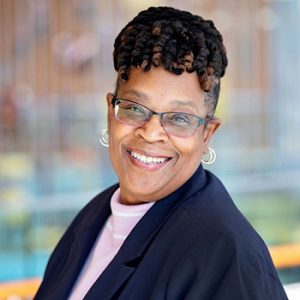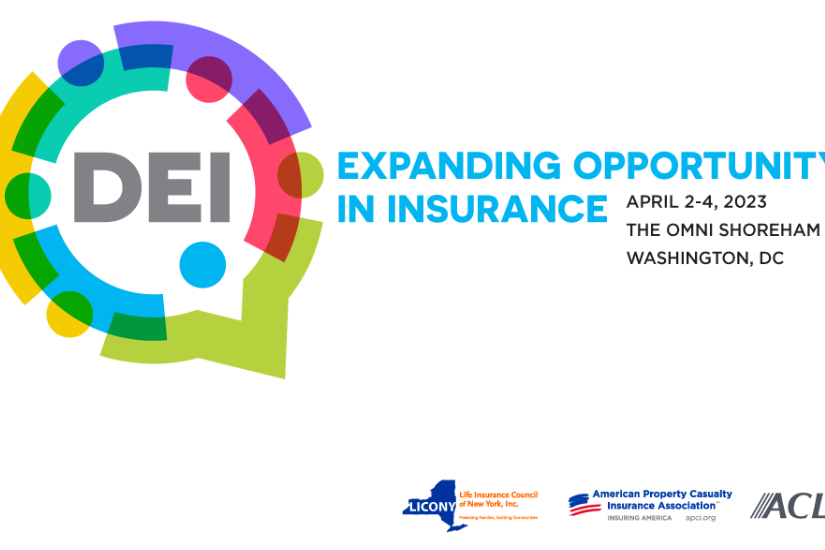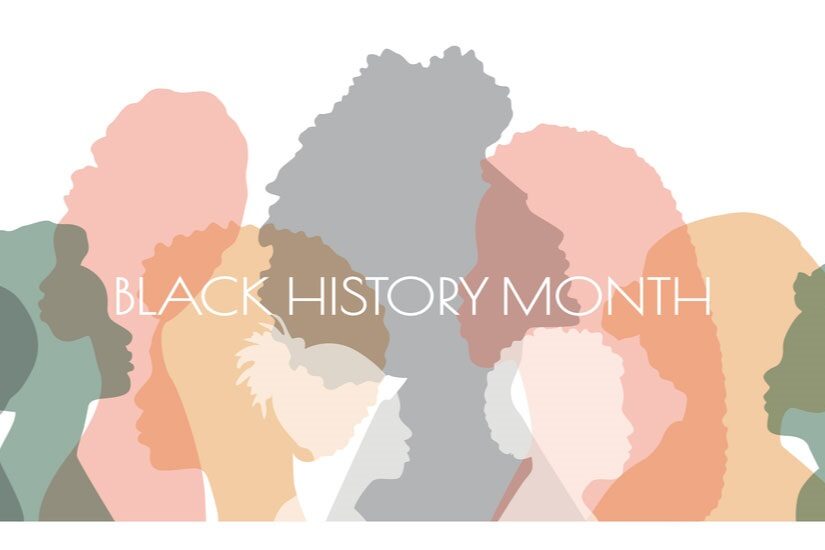Meeting Financial Education Needs in Underserved Communities

April is Financial Literacy Month, when we reaffirm and promote the importance of financial education.
Now more than ever, it is especially important to focus on financial literacy and the programs and resources available to people of color in underserved communities. The economic downturn sparked by COVID-19 has harshly impacted those communities. And for too long due to social, historical and institutional reasons, they have not had the same access to tools and resources that will enable them to become financially literate.
The Global Financial Literacy Excellence Center at George Washington University and TIAA Institute found in a 2021 study that, on average, African Americans and people of color answered 37% of their joint Personal Finance Index questions correctly. In comparison, white survey respondents answered 55% of the questions correctly. With statistics like this, there is clearly a lot of work to be done to educate disadvantaged communities and people of color.
The encouraging news is that some progress is being made, but there is still much work to be done.
There are many programs available to help with financial literacy and education including:
- As part of ACLI’s Economic Empowerment and Racial Equity Initiative, Protecting Every Future is partnering with the National Association of Insurance & Financial Advisors (NAIFA) on their recently launched Financial Security Alliance, which promotes financial wellness seminars to consumers in local communities.
- The Society for Financial Education & Professional Development, Inc. offers seminars to colleges and universities on Financial Literacy Faith-Based Institutions, Financial Literacy Workshops in the Workplace, and Community Financial Literacy.
- The Council for Economic Education’s (CEE) efforts to ensure that more high schools across America are requiring economics and personal finance classes to graduate. CEE says that in states without course requirements, there is a 15-point gap in access to financial education between kids from lower-income versus wealthier families.
- Junior Achievement’s Finance Park initiative, which uses experiential learning to help middle-schoolers discover how to navigate today’s complex economy.
- Everfi has programs to help financial literacy for students, engage adult consumers, and strengthen commercial partnerships.
We have all heard the phrase, “knowledge is power.” Financial literacy and education programs can be a first step towards obtaining that power. But we need to promote and share the many resources available to everyone, including people of color in underserved communities. Happy Financial Literacy Month!




